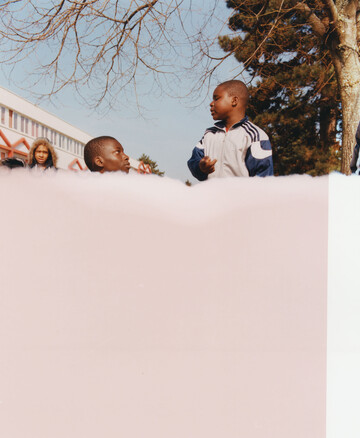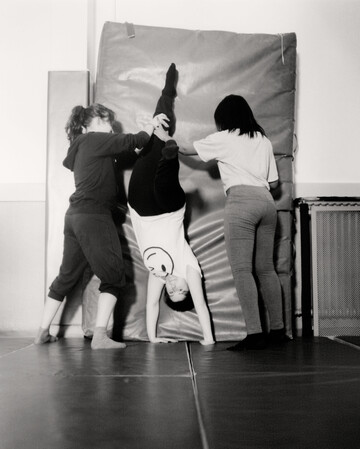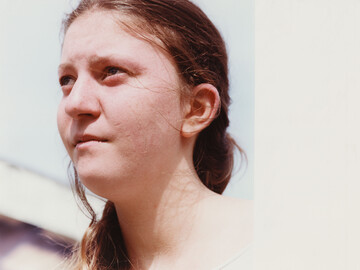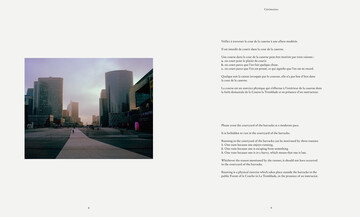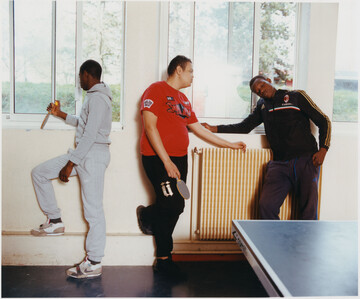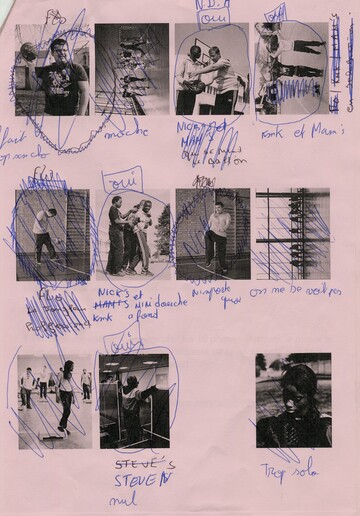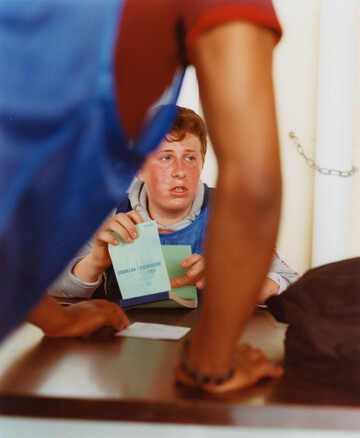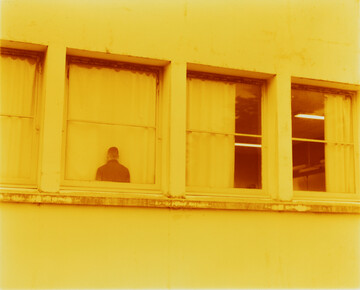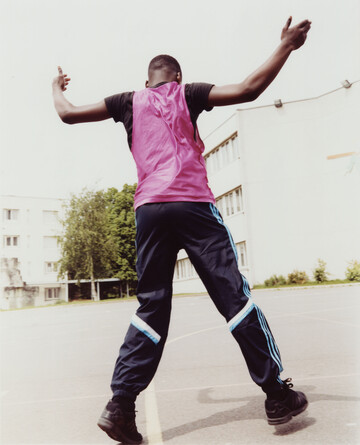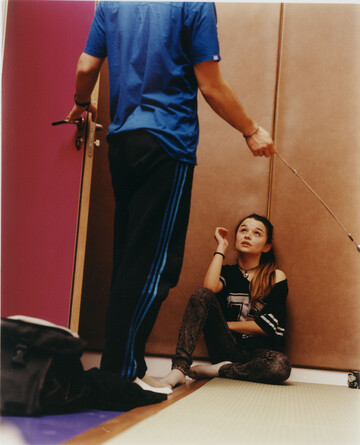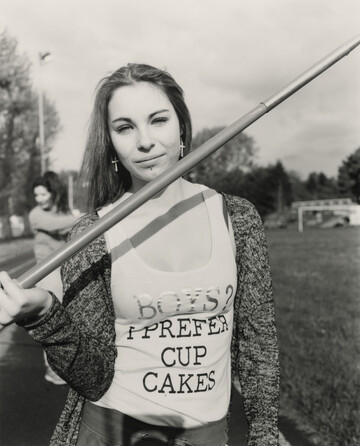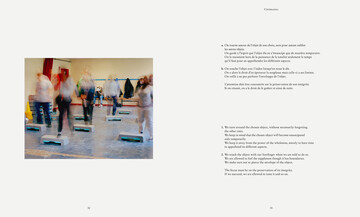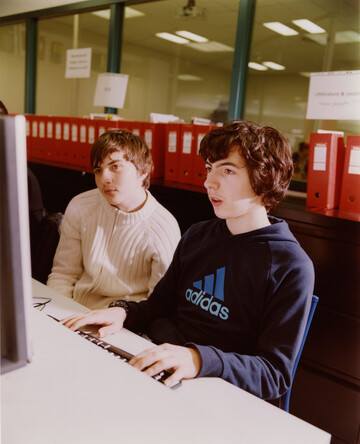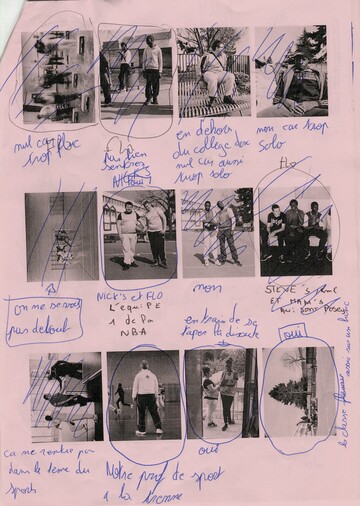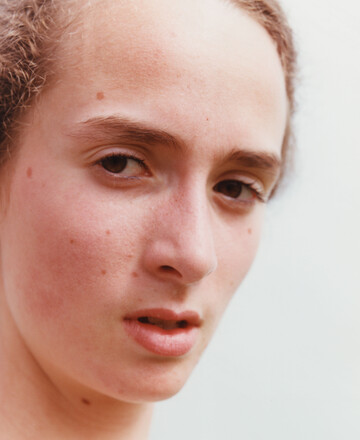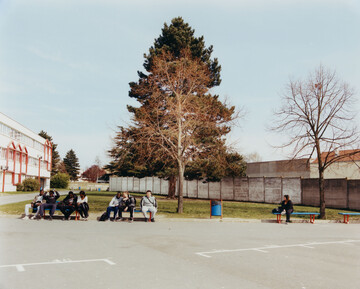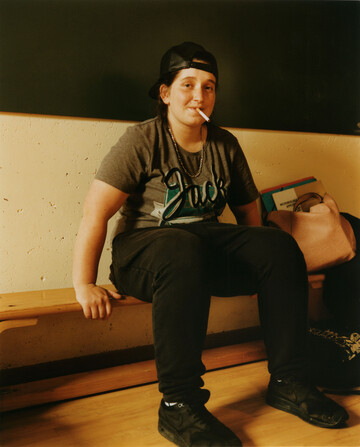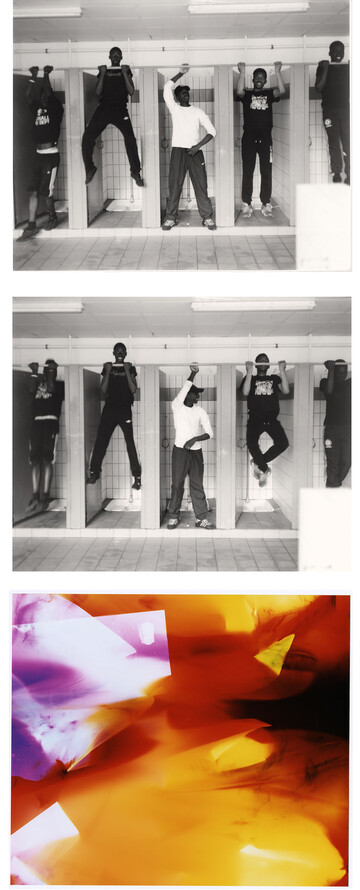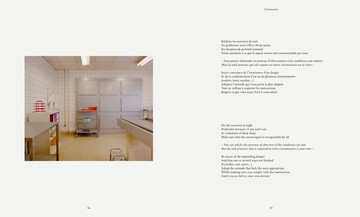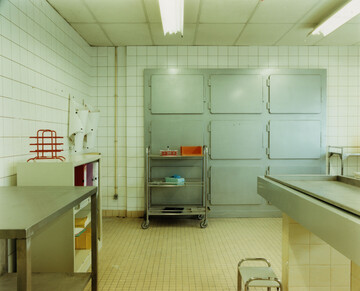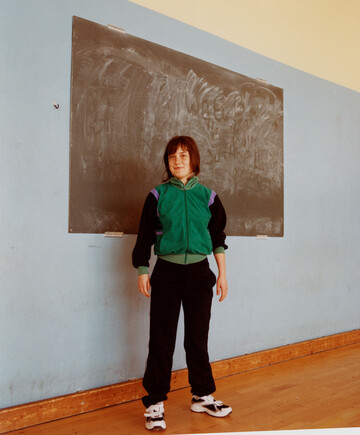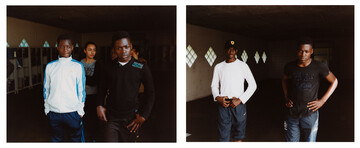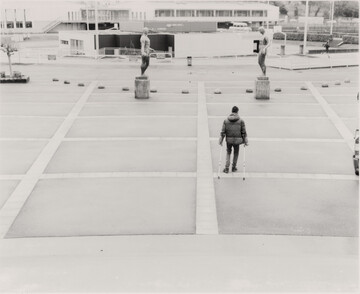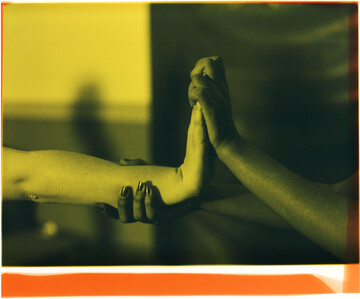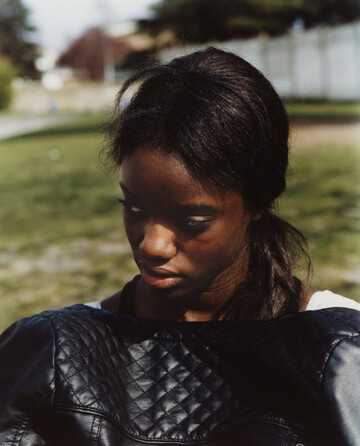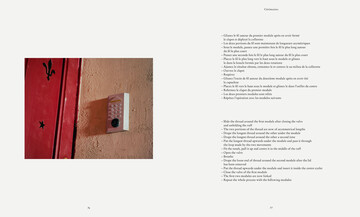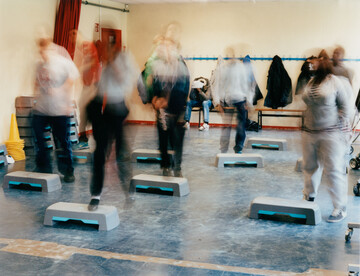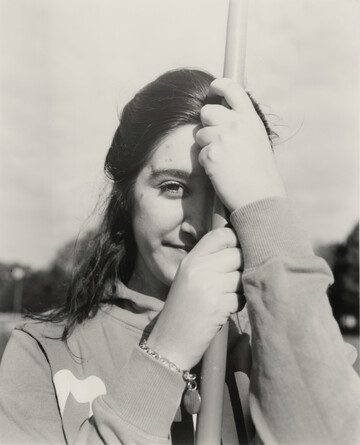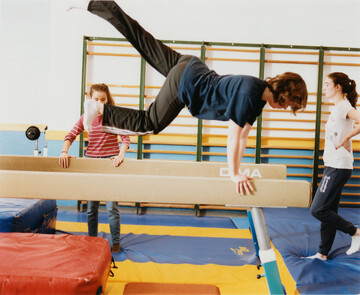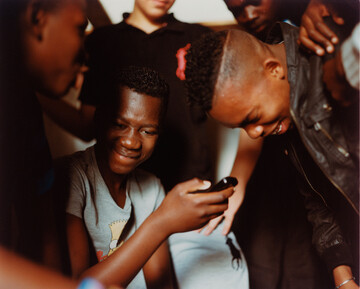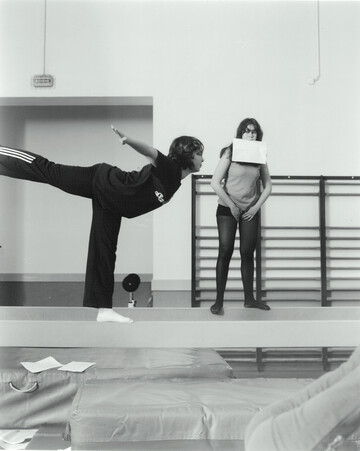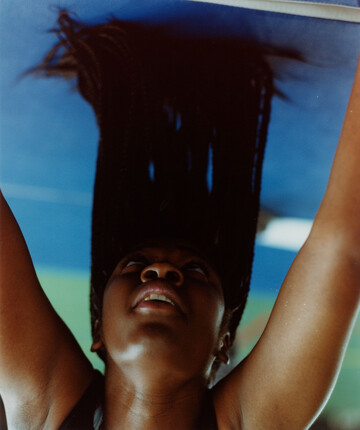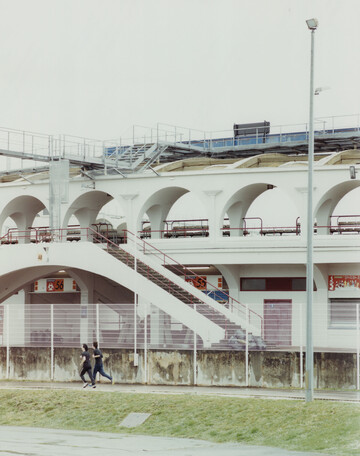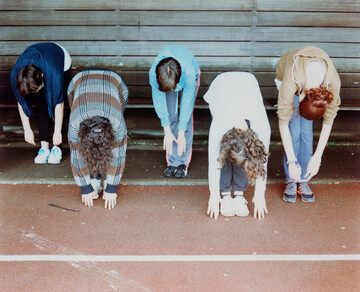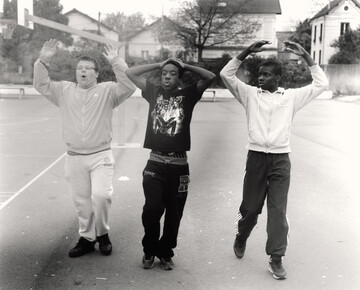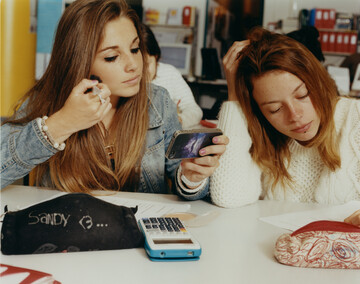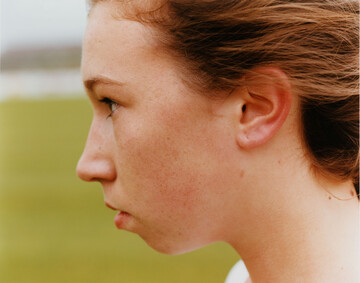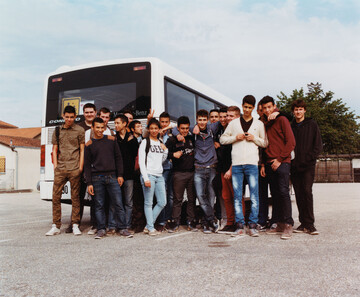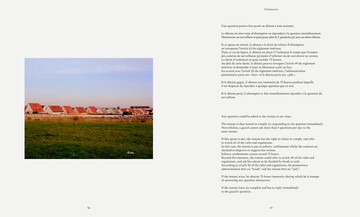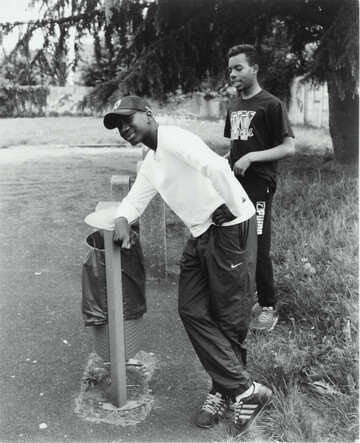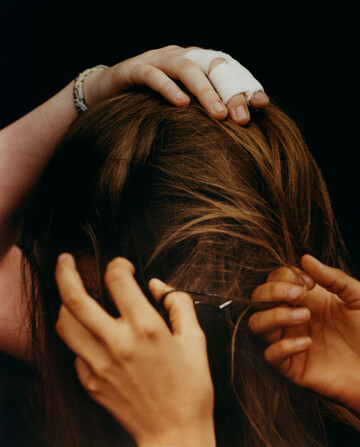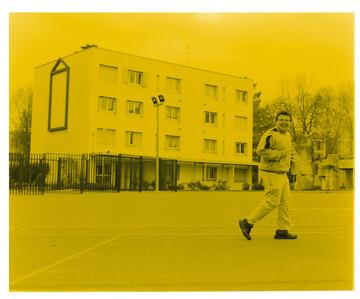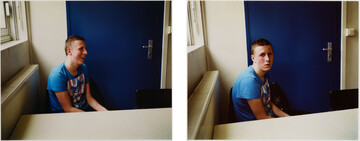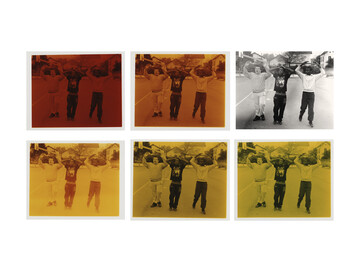Cérémonies, The inconvenience of an established process
, 2013 - 2016 00/00For three years between 2013 and 2016, Maciek Pozoga visited schools across France with the aim of documenting the educational environment through his direct immersion in the system. The resulting images represent not just an evocative portrait of the children themselves, who range from early to late teenagehood, but of the class divisions evident in French society at large.
The schools documented in the project include institutions in both wealthier and poorer suburbs of Paris, as well as a rural boarding school and one provincial location close to Bordeaux. Pozoga visited each school regularly, developing trust with the students over extended periods of time. Cérémonies was awarded the JL Lagardere Documentary Photography Grant at the end of 2013, allowing Pozoga to travel to a wider range of schools; it also enabled him to shoot all images on film. In 2016, a version of the project was shortlisted for the Mack First Book Award.
The photographs in Cérémonies are visually expressive, capturing the gestural language of the classroom within the movements of Pozoga’s young subjects. They stand hand on hips, arms protectively crossed or playfully outstretched, or else slumped at a desk. In one image a group of friends collapse onto a ping pong table, a moment of tender togetherness that evokes the listless long hours of the school day. Particular focus is given to physical education classes, where the exaggerated motions of squats, leaps and lifts are repeated to the point of detached absurdity. The petty routines and rules of school are emphatically reinforced through the small-scale drama of enforced exercise, as referenced in the pointed subtitle of the series: “The inconvenience of an established process”.
The built environment of these educational spaces, from gymnasiums to playgrounds to traditional chalkboards, continue this focus on established process. The vernacular space becomes a stage for the quietly observed details of the everyday. Pozoga’s outlook is decidedly anti-sensationalist, turning his lens instead on the often-unseen constraints that govern our lives. Calculators, keyboards, photocopiers and gym equipment recur throughout, offering rigid, recognisable structure to the learning environment.
The world portrayed in Cérémonies is a closed one, where the difference between right and wrong is fleetingly just as straightforward as it sounds. The eternal conflict between teacher, parent and student could be distilled within these images, as if to say, “Do what you’re told.” The rules, like in any game, are followed simply because they are rules. Through Pozoga’s mode of abstraction, whereby each gesture can be taken to mean anything and nothing, the absurdity of the system is revealed. Cérémonies was inspired in part by the intensely introspective environment conjured by Werner Herzog in his 1970 film Even Dwarfs Started Small, in which a group of dwarfs living in an isolated penal institution start a revolt.
Inevitably, the fractures and fault lines of inherent social divisions can be detected throughout the series, but Pozoga is never didactic in his approach. In one photograph, boys perform competitive pull-ups in the toilet cubicles; in another, a group kitted out in sports gear run laps on a pristine clay track. For some, school is a place of future possibility; for others, it is a narrow window of false opportunity and frustration. Each photograph in Cérémonies becomes less a mode of reportage, and more an allegory for these wider divisions. The question of meritocracy looms large, as Pozoga traverses various social backgrounds and geographic locations to create a vivid portrait of contemporary France.
—Louise Benson
